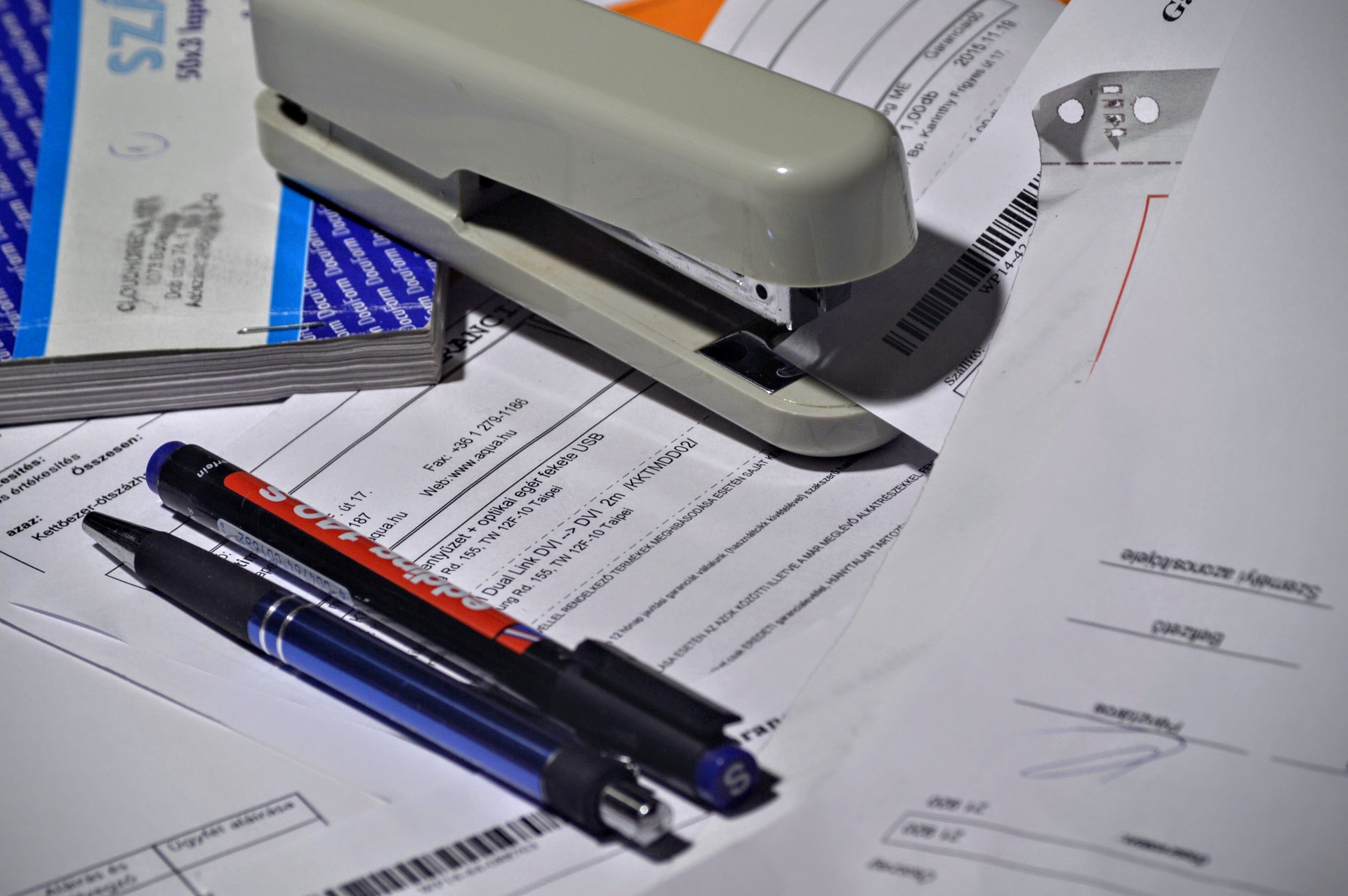Tony Crawley describes the progress so far, and looks at the quality and costs of local authority audits.
This year marks the beginning of Public Sector Audit Appointments Limted (PSAA) as an Appointing Person for audits of local government, police and fire, and we are delighted that 98% of eligible bodies chose to become our clients. We will work hard to make a success of our new role, and to evolve from delivering the remnants of the Audit Commission’s contracts to being a client-focused procurement body. To help us on that journey, we commissioned Cardiff Business School (CBS) to independently review our delivery of the Appointing Person programme and auditor procurement. Their report is available on our website.
CBS’s headline message is very positive, concluding that: ” In summary we believe the Appointing Person programme is an outstanding example of ‘sector led improvement’. It was a well thought through,organised, and governed programme which delivered substantively on its objectives to the benefit of local bodies. There are inevitably ‘lessons learned’ for PSAA to consider in its future planning”.
As the last sentence indicates, the report captures the challenges for PSAA and the sector as we move forward. We understand that we need our clients to know that they made the right choice,and we will do everything we can to provide that assurance in line with the report’s recommendations, recognising the particular need to work with other stakeholders to achieve a long-term sustainable audit supply.
Whilst our contracts ensure that the firms are remunerated at the level of their bids, and that the majority of s151 officers think the audit fee is now about right, we are conscious that there is a perception of a risk to audit quality resulting from the new prices. There is no doubt that audit fees have reduced significantly, and typically are now 35% of their 2012 levels in absolute terms following successive reductions of 40%, 25% and for 2018/19 onwards, a further 23%. Whilst a large chunk of the earlier reductions were down to eliminating Audit Commission central costs and changes to the work requirements, the reductions are now substantially due to ourbsuppliers reducing their prices for delivering audits that meet the scope of the Code of Audit Practice requirements, including the auditing standards.
Taking this into account, some commentators think that the audit focus is not right for local government, as the standards focus on areas that do not match the sector’s real risks, producing audits that are ‘technically’ driven but of less value to the bodies. The result is a tension between perceptions of audit quality and of audit scope. This was noted in the NAO’s report on Local Authority Governance, alongside broader matters on the fragmented nature of sector governance arrangements and the role and status of s151 officers.
The NAO’s recent publication on auditor reporting, highlighted the numbers of qualified VFM arrangements conclusions. It stressed the importance of the bodies concerned acting urgently to tackle identified problems and weaknesses,suggesting that auditors were raising red flags which were not being recognised.
I read with interest (as always) Stephen Sheen’s article about what 2019 may bring for the accounting and audit world. I would add the NAO’s consultation about the new Code of Audit Practice, which will set the principles for local government for up to five years from 2021, which we understand will begin with an issues paper. The consultation is an opportunity to debate the scope of local government audit, with some voices currently calling for auditors to provide more assurance – or to have the opportunity to do so. Some s151 officers state that they are willing to pay more for more assurance – but a big question is whether there is significant desire for a blanket increase in the audit remit, or alternatively for there to be flexibility that allows auditors to provide more assurance under the Code, but only where appropriate.
Consequently 2019 will see key audit issues being discussed – including who is the audit for, what should the auditor’s role be, and what authorities should do in response to audit challenge. As the Kingman and NAO reports allude to, there is currently no single system leader for local government audit and governance, and so it is the responsibility of all players to work together to make the current audit framework effective, and the PSAA is keen to play its part in the debate.
So, in summary, the Cardiff report is positive about our procurement process and how it was delivered, but also that we must not take our clients and suppliers for granted. A lot may change in our world in the next few years. We will work as hard as we can to gain and maintain the confidence of both as we deliver our new responsibilities. We would be happy to discuss with you how we are doing!
Tony Crawley is chief executive Public Sector Audit Appointments Limited














